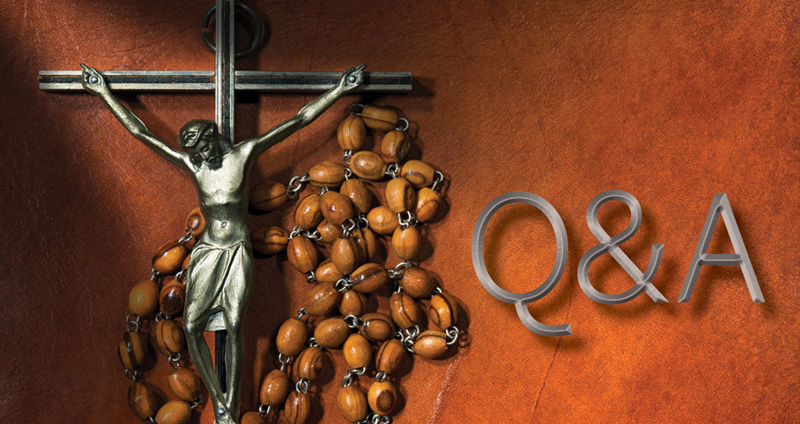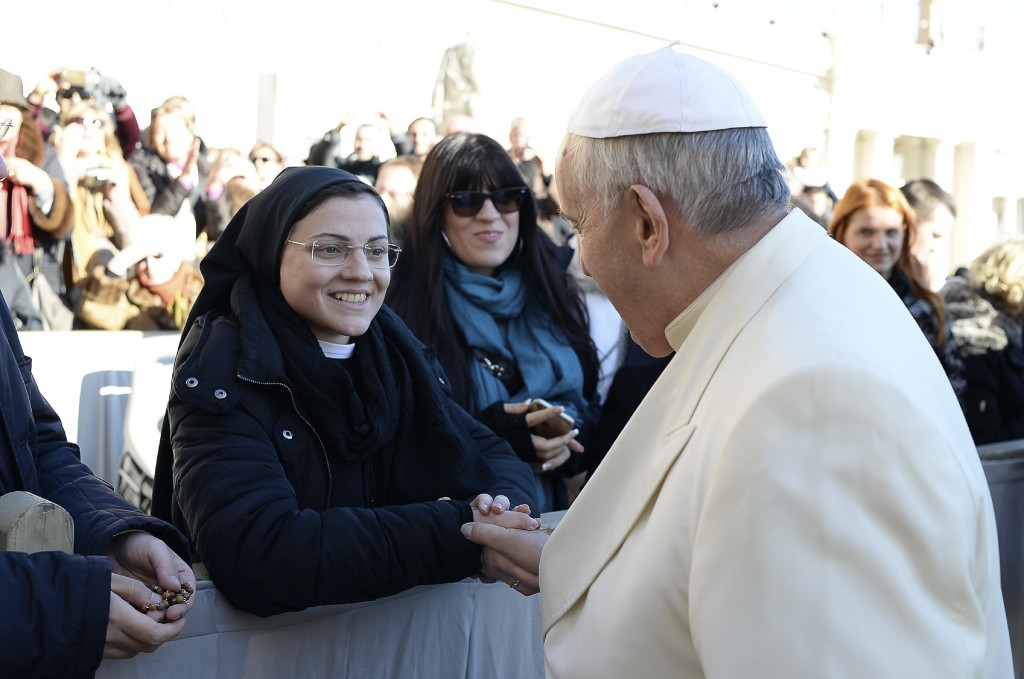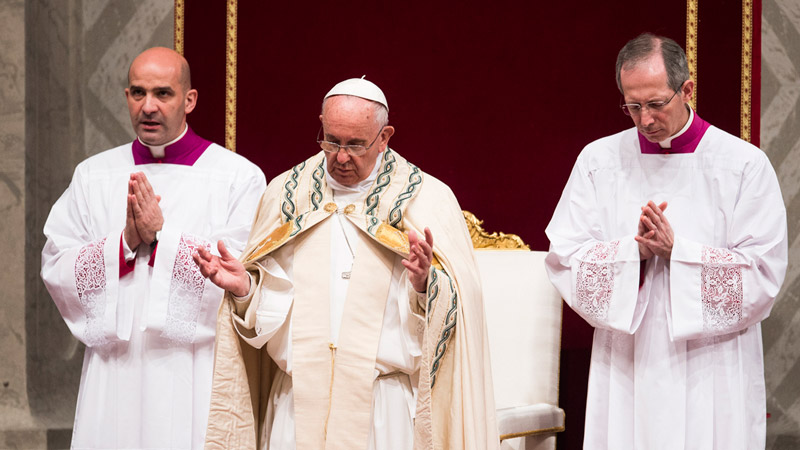
Q: I always thought that blessed items could not be sold. I was recently in a Catholic store in Rome and was told that everything in the store was blessed by the pope. Is that possible? (Aiken, SC)
A: There’s a joke that every rule Rome makes applies everywhere in the world except Rome. While funny, it actually doesn’t apply here. Of course, the rule you’re referencing isn’t really a rule but more of a pious observance.
Normally, for devotional reasons, we don’t sell blessed objects. More specifically, we don’t sell objects — or sell them for more than fair market value — because they’re blessed.
This is an important distinction. On the one hand, someone is selling something that happens to be blessed. By itself, this isn’t wrong. It could be how a merchant makes her living. On the other hand, however, someone is purposely selling something because it is blessed and trying to make a profit off of the blessing. This is not only wrong but could be gravely sinful. It could be or border on simony, which is a willful profiting on holy objects (as well as the buying of church positions).
The above clarification could help avoid the sometimes ridiculous “donation” argument. This is when someone supposedly donates money for a blessed object when in reality it’s the payment of a set sale price. In this situation, by trying to avoid the appearance of simony, someone might actually commit a sin against integrity.
And so, in answer to your question: Assuming the store items were actually blessed by the pope, selling them would not be preferred out of devotional reasons, but they could morally still be sold at fair market value.
With all that said, be careful of the charm and promises of the Roman merchants. They’ve been selling holy items for centuries and they know what works to seal a deal. If I bought a store item blessed by the pope, I’d still go to the pope’s Wednesday Audience or Sunday Angelus and get it blessed “again.”
Q: Why does the Apostles Creed — not the Nicene Creed — say “He rose again from the dead”? Christ only rose once, correct? (North Augusta, SC)
A: This is a great question and one that falls more within the realm of linguistics rather than theology. In its original Latin, the Creed attests that the Lord rose from the dead. When the Creed is translated into English, however, we take on the regular semantics of our language.
In English, we tend to use the adverb “again” with certain action verbs (like “rose”) to show that something has been modified but returned to what it was before.
Applying the linguistics to a different situation, we could say: “Barbara went off to college but came back again to the school as a teacher.” In the example, Barbara didn’t keep returning to the school as a teacher, but returned to the school once after having been changed by receiving her education degree.
With that said, chalk this all up to one of semantics. Don’t worry about the theology. There’s no secret first resurrection followed by a second rose-again resurrection. Jesus rose from the dead only once and upon that singular event rests our entire faith (cf. 1 Cor 15:19).
Father Jeffrey Kirby is administrator of St. Joseph Church in Chester and Our Lady of Grace Church in Lancaster. Email him your questions at askfrkirby@gmail.com.




